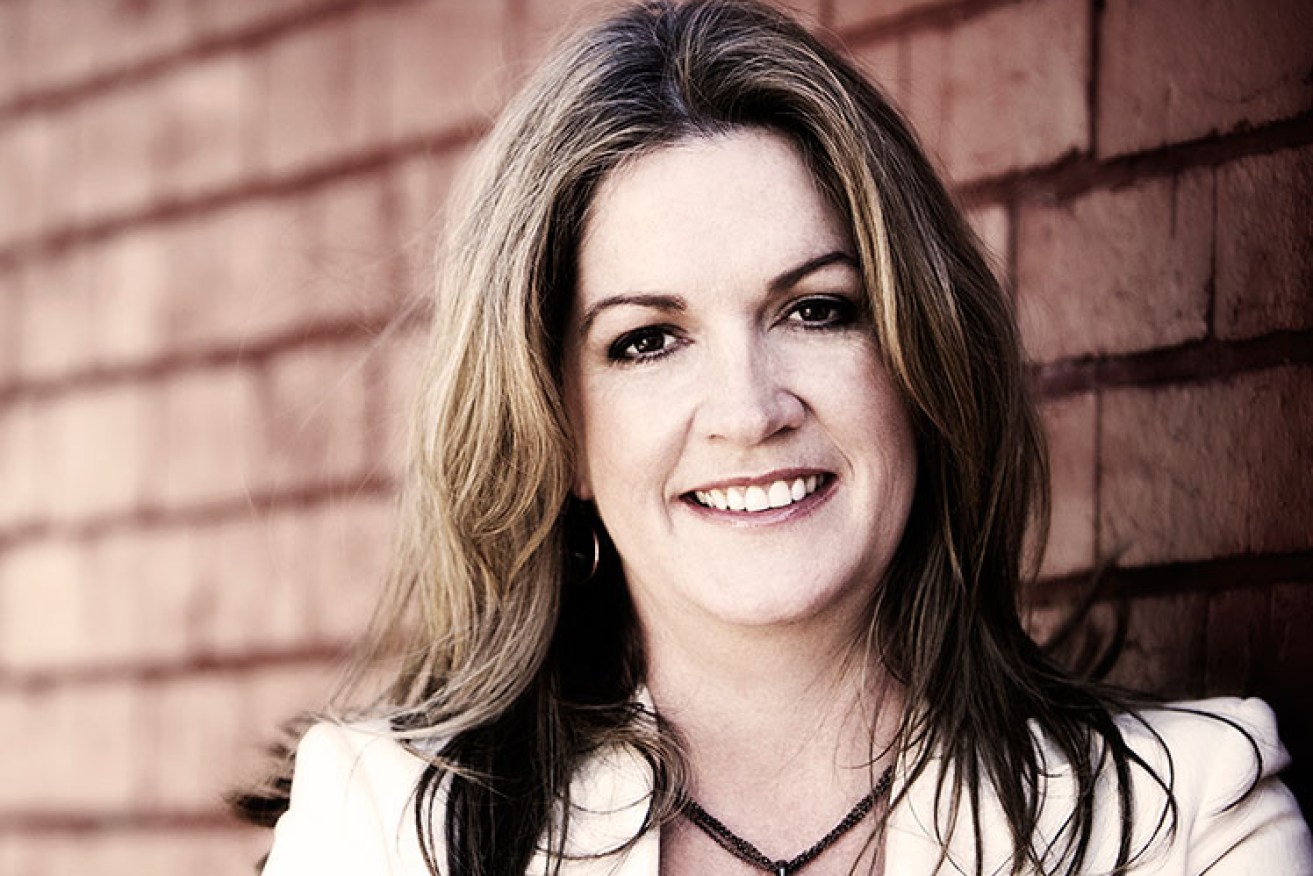What will work be like when Gen Y takes over?


Leadership expert Rachael Robertson is impressed with Gen Y's questioning nature. Source: Supplied.
They’re a bunch of self-entitled, money-hungry Facebook addicts who don’t know the meaning of an honest day’s work – or so goes the theory.
But in another 20 years, Gen Y, the generation that older types love to gripe about, will have its revenge when its members are running the workforce.
So how will the employees of 2034 and beyond adapt to being told what to do by a generation known for its ‘all-about-me’ attitude and job-changing ways? And will the ‘Millenials’ actually be able to cut the mustard as managers?
Business owner Krystal Perkins, herself a Gen Y, worries that those of her generation – born between about 1980 and 1995 – are increasingly acting like “smart idiots”. They may have a university degree under their belts, but little common-sense or work ethic, she says.
“The sooner Gen Y realises that we need to stop whingeing about actual hard work and actually get on with making the change in the world we want to see, the better,” says the 31-year-old, who runs PR, marketing and events business All the Perks.
A two-year global study released by professional services firm PricewaterhouseCoopers (PwC) last year found that many assumptions of Gen Y were false, but flexibility, work-life balance and the opportunity to work overseas were considered top priorities.
The NextGen study, based on 44,000 responses from PwC employees, explored factors relating to workplace retention, loyalty and job satisfaction. ‘Millenials’ already make up two-thirds of PwC’s workforce – set to rise to almost 80 per cent by 2016.
The study found younger staff were just as willing to work as hard as their older counterparts, but less inclined to believe that working long hours early in their career was worth the sacrifice.
Dennis Finn, PwC’s vice chairman and global human capital leader, says there’s no reason to believe Gen Y won’t be good leaders in the future.
“If you think about how complex the world is now with technology in particular, they’re going to be better equipped than other generations would be to handle the changes,” he says.
“You’d think they’d be more likely to lead a team that’s virtual in the future.”
Finn says while Gen Y employees are vocal, that has helped other workers.
“I think all the non-Gen Y workers benefit from what the Gen Ys have asked for and pushed for.”

Leadership expert Rachael Robertson is impressed with Gen Y’s questioning nature. Source: Supplied.
Krystal Perkins believes Gen Y workers and managers will continue to have “commitment issues” to their workplaces, switching regularly or holding multiple jobs.
She predicts a more carefree and technology-driven workplace, which will need to be “high octane” enough to keep employees interested.
“The Gen Ys that settle down and have kids, they might start to relax a bit, but I don’t think they’ll commit to their employers, and they’ll keep moving around,” she says.
“I don’t think people will go to workplaces. I reckon it will basically be ‘work where you want to’.”
Perkins says her peers will have to draw the line between being a manager and a friend, and will still need to win the respect of the older generations.
As a Gen Y manager herself, she finds recruiting for a good attitude, rather than just skills, and incentivising her staff has worked.
Leadership expert Rachael Robertson, who was a station leader in Antarctica in 2005, now works with emerging leaders in their mid-to-late 20s and finds them keen to learn.
“They tend to be confident in asking questions,” she says. “They realise they don’t know everything and it’s really smart to use the intelligence of the people around you.”
The generation used to having a world of information at its fingertips won’t accept something unless they know the reasons behind it, says Robertson.
“I don’t think they’re being challenging … I think it’s just a genuine interest in the ‘why’.”
Robertson says Gen Y employees only stay in a business if they feel appreciated, and if their values align with those of the company.
“They will actually leave, while previous generations would stick it out,” she says. “The days have passed of the 20 or 30-year veteran who works at the same company.”
Robertson says Gen Ys wanting to climb the career ladder will certainly let others know, and also aren’t shy about asking for pay rises.
PwC’s NextGen study found 43 per cent of Gen Y workers had discussed their pay with workmates, compared to 24 per cent of older workers.
Despite an emphasis on pay and rewards, and a love of social media, Robertson believes Gen Ys aren’t necessarily any more egotistical than previous generations.
“I think all generations have been, but we just haven’t had social media to broadcast our thoughts.”
She says the challenge will be using that self-confidence for productive purposes, “instead of taking selfies and going on social media”.








